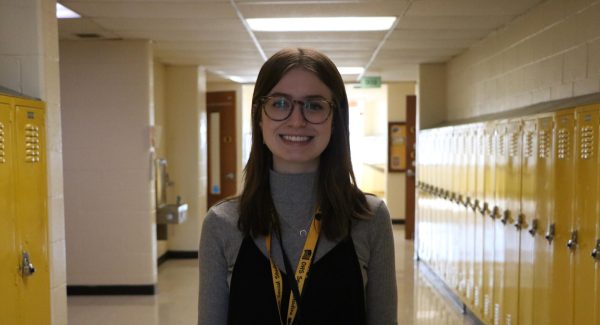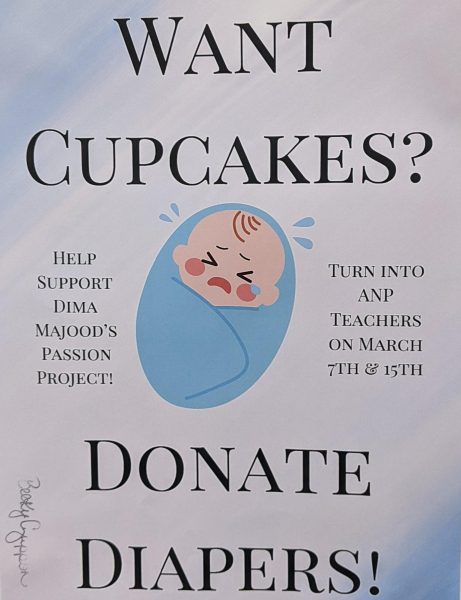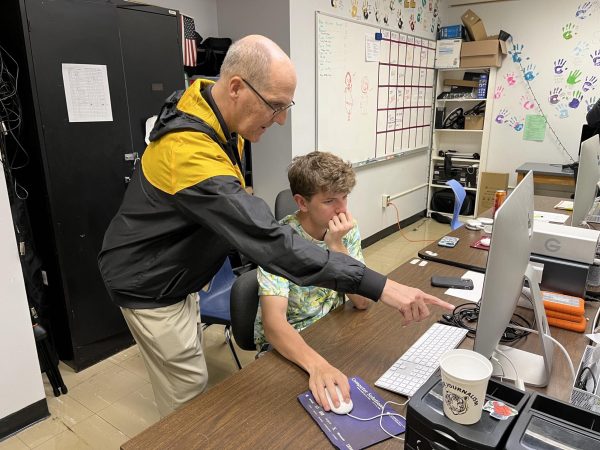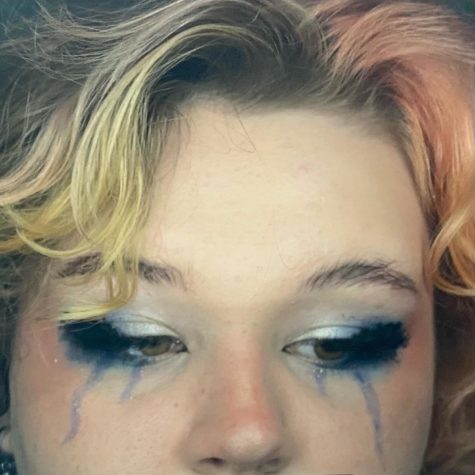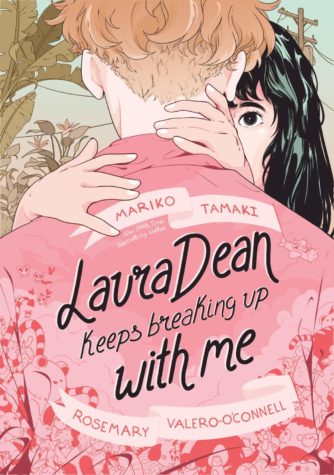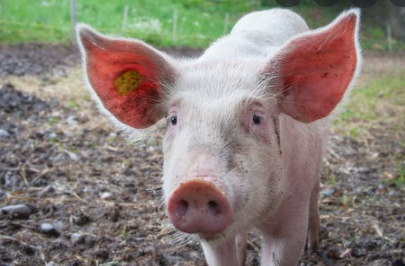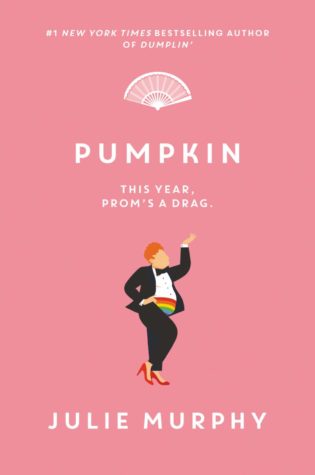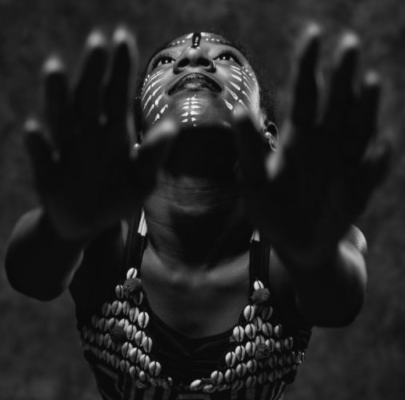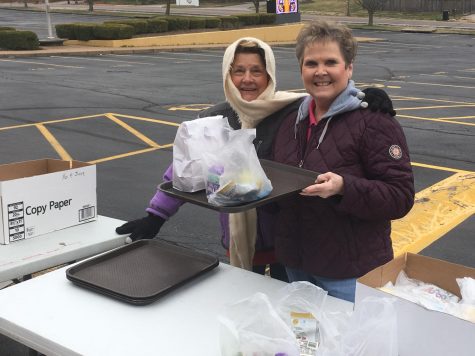Students connect with themselves through witchcraft, New Age spirituality
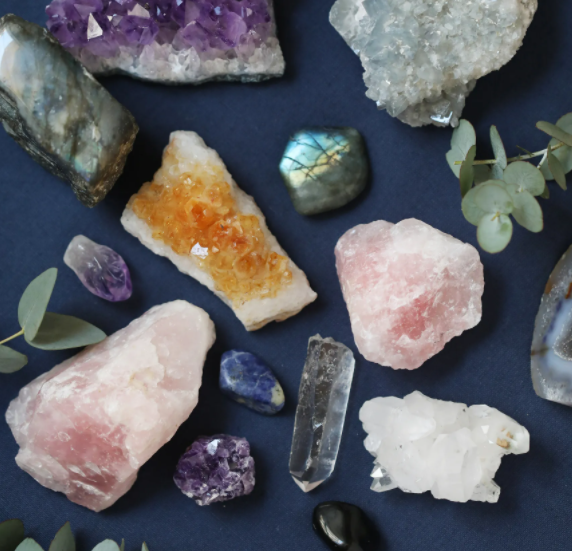
Photo courtesy of Getty Images: Many popular crystals are used for their healing properties.
Most people are introduced to the idea of witches at a young age, usually around Halloween time and often accompanied by a pointed hat, a broom and a cauldron. But with a large community of people both online and in-person sharing their experiences of practicing witchcraft and other kinds of spiritual and religious practices, it is evident that many notions people have about the word “witch” are often inaccurate and stigmatized depictions through the lense of Hollywood.
“I think lots of people find a negative connotation with the word witchcraft,” Evelyn Addis (12) said. “Witchcraft has historically not been a very good thing. I mean think about the Salem Witch Trials. People think it’s evil, that it is anti-religion, but it’s not, at least for me it’s not. So I don’t really label what I do. Instead I just kind of do it. For some it all sounds super spooky, but it’s peaceful and helps guide me.”
Most people think magic, witchcraft and paganism are solely in the world of fantasy novels, or in long forgotten times like Ancient Greece or Rome. Though with exposure to spiritual, pagan, etc., religious values and practices, more have become open to the idea of alternative practices and beliefs outside the major religions, which may include worship of deities like Zeus, Thor and Neptune, as well as spells and practices to enact change in one’s life.
“For me, it’s real,” said Ramona Becker (11)*. “It’s not fake, it’s a legitimate practice that I connect with. My tarot cards, my crystals, my gods, it’s meaningful, and it matters so much to me. Some may think that it is a little strange, but in the end, others’ opinions don’t matter.”
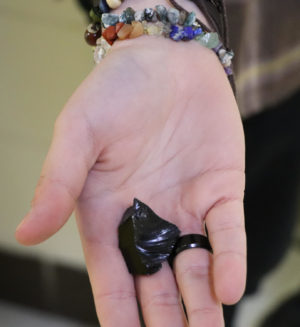
Even with the rise of online communities of witches, pagans and spiritual practitioners who proudly and openly discuss their beliefs, some practitioners continue to face backlash and struggle to be open about their beliefs to those who may not accept them.
“Through my spiritual practice, I’ve allowed myself to feel empowered and to channel my power,” Sam Girard (11) said. “I use crystals, tarot cards and other tools, but it is not satanic. There is absolutely nothing wrong with Satanism, but it’s not the same thing as what I do. Some people will say I’m evil, but I know it’s not true.”
Even with possible negative stereotypes pushed about the idea of witches and people who have alternative religious practices, these people feel they are not wrong in their beliefs. They simply want to be the best version of themselves and to be connected to a higher power.
“I didn’t really have a guide in life,” Addis said. “I kind of felt by myself, but it really helped to give me a path. Some people look to gods for guidance, others look to other things, but in the end, it’s all valid and equally as important.”
*Student requested name to be changed for publication
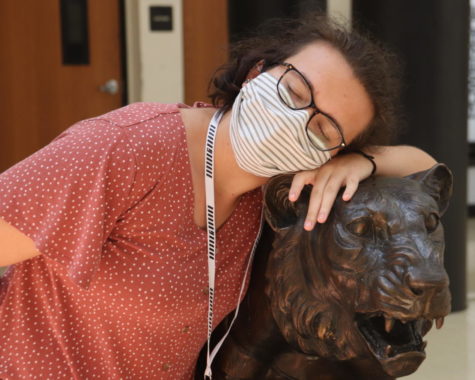
Hi y’all, I’m Nataleigh! This is my second year a part of the journalism staff, and I am very excited! Besides writing, the performing arts are a big...



